Mozambique: UN warns of "relentless cascade of emergencies"
Mozambique: The young men who dream of becoming ‘madjonidjoni’ – Watch
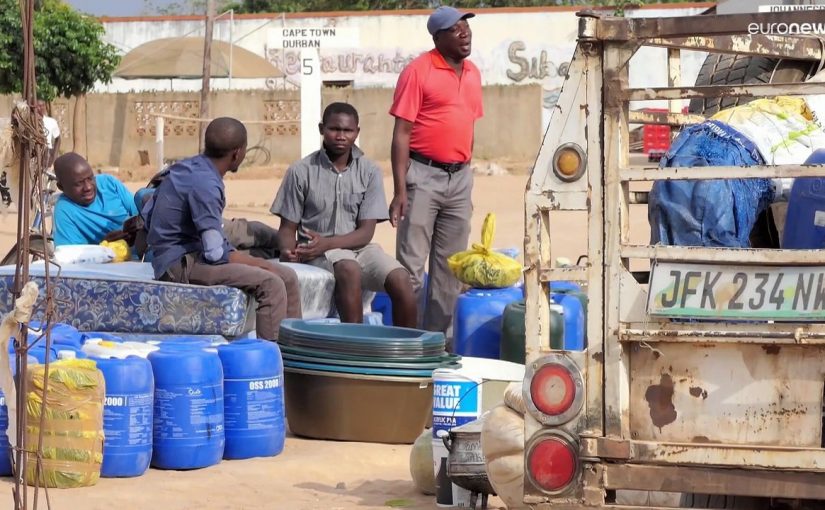
Photo: André Catueira / Lusa
The life plan of David Cumbuia, a 22-year-old Mozambican, is to emigrate to South Africa “because of poverty”, aggravated this year by drought in the village where he lives.
Machaze district, one of the poorest in central Mozambique, is known for supplying miners and agricultural workers to South Africa, an 800-kilometre journey south to Ressano Garcia, the gateway to one of the continent’s most advanced economies.
In Machaze, 40% of the men emigrate and, for some years now, there has even been a precarious international bus station in the middle of the dirt road to various destinations in “John”, as South Africa is locally known.
About 14 vehicles, with 14 seats each, leave every Friday, to return only the following Wednesday.
In the district, children grow up with the dream of emigrating, as they believe that prosperity comes only that way.
They follow the example of adults, because it is difficult for a man to get married if he is not a “Madjoni Djoni” – the name given locally to Mozambicans who work as miners in South Africa.
It is the only way they can see of being able to offer a woman the bright, colourful satin clothes much desired in rural areas.
READ: Getting married in Machaze: Not likely before the bicycles and barrels
This is how David Cumbuia followed the dream of thousands of young people from Chipambuleque, a village of precarious houses made of sticks and mud, where electricity is still a mirage.
Residents use tiny solar panels to charge cell phones and have to cycle miles to find basic health services and access to clean water.
All this forced David, like many others, to give up their studies by the time they reached Grade 7.
David has spent six years in the neighbouring country, and now he would rather stay in Mozambique, but there is no job that guarantees him the support for his children.
“That’s where the honey comes from, who doesn’t want to be there?” says Santos João, another young dreamer from Chitobe.
He finished high school, and is looking for an opportunity to graduate in electrical engineering. In the meantime, he gets some practice doing electrical installations in conventional settings.
“It wouldn’t be nice to leave here without any certification and go to another country,” he says.
Feniasse Muchanga, a ‘chapa’ (light passenger transport) fare collector, has already escaped armed violence and xenophobic attacks in South Africa, which makes him think twice about leaving again, but says that, as long as he doesn’t have a permanent business, he will always be forced to travel.
Slightly different from other dreams is that of Fatima Machava, 21, who grew up surrounded by the daughters of the “Madjoni Djoni”.
She does not want a job abroad, or the satin and linen fabrics brought home by local miners.
Instead Fatima wants a South African husband, who will offer her a better life in an economy much more prosperous than Mozambique’s.
Most young people from Machaze who cross the border have only a Personal Identification Document or an identity card, and do not have a passport, and so must resort to illegal schemes to leave the country.
A call has been issued by the transporters’ association for mobile brigades from the Mozambican authorities to facilitate the issuing of passports in the district, because the provincial capital, where such matters are dealt with, is far away.
Too far to respond to the economic dynamics that emigration generates in Machaze.
District administrator Joana Guinda argues against emigration, despite recognising that the investments that power the district come from remittances from those who cross the border.
But she would like to see young people – in a district with potential for sesame and cashew nut production – getting involved in Mozambican agribusiness.
“They go to do ordinary jobs” in South Africa, she tells Lusa, reiterating her call for greater entrepreneurial spirit.
While the discourse does not change reality, mansions continue to be built in the middle of nowhere, thanks to emigration (in the polygamous tradition, one builds as many houses as one has wives), which continues to feed many young people’s dream of going to work in South Africa.
By André Catueira (text and photos) and Saulo Dima (video)


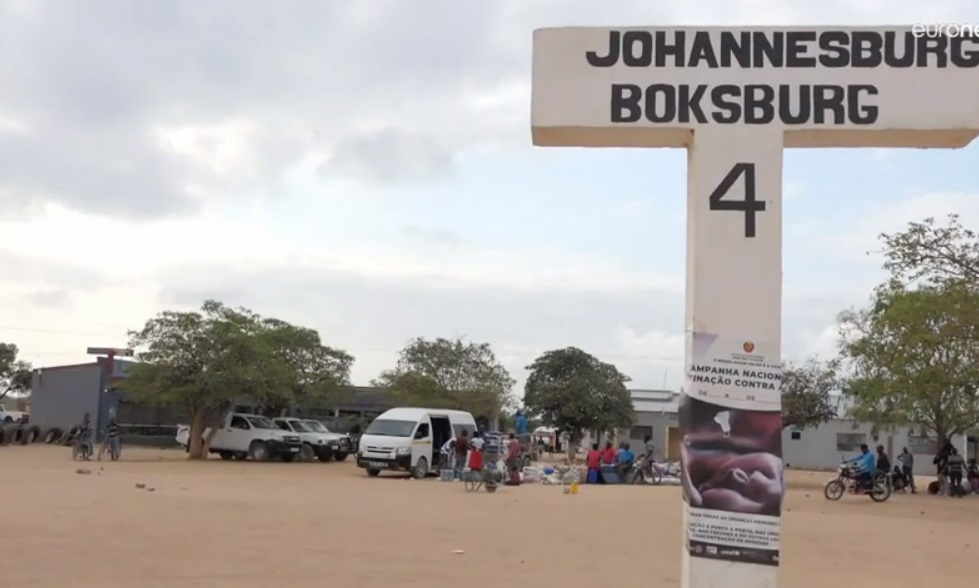
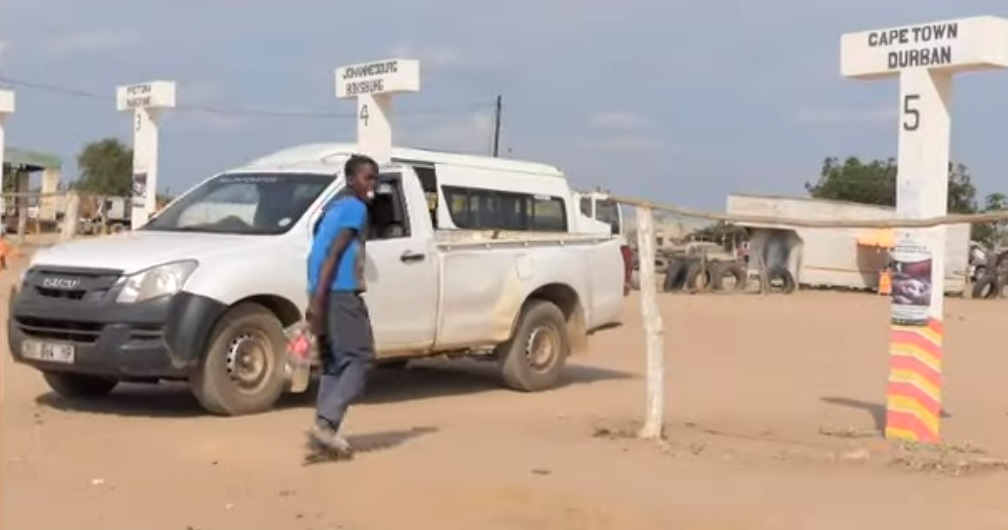
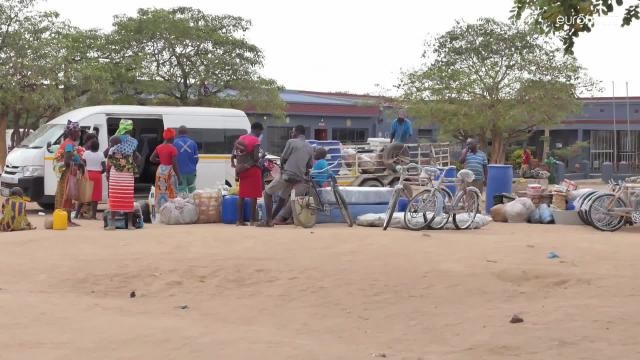
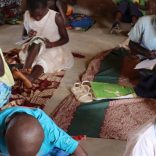

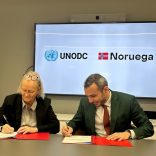
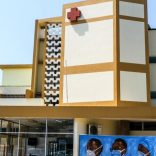
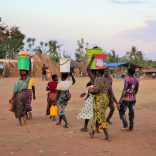





Leave a Reply
Be the First to Comment!
You must be logged in to post a comment.
You must be logged in to post a comment.